In Spirit: Reverence
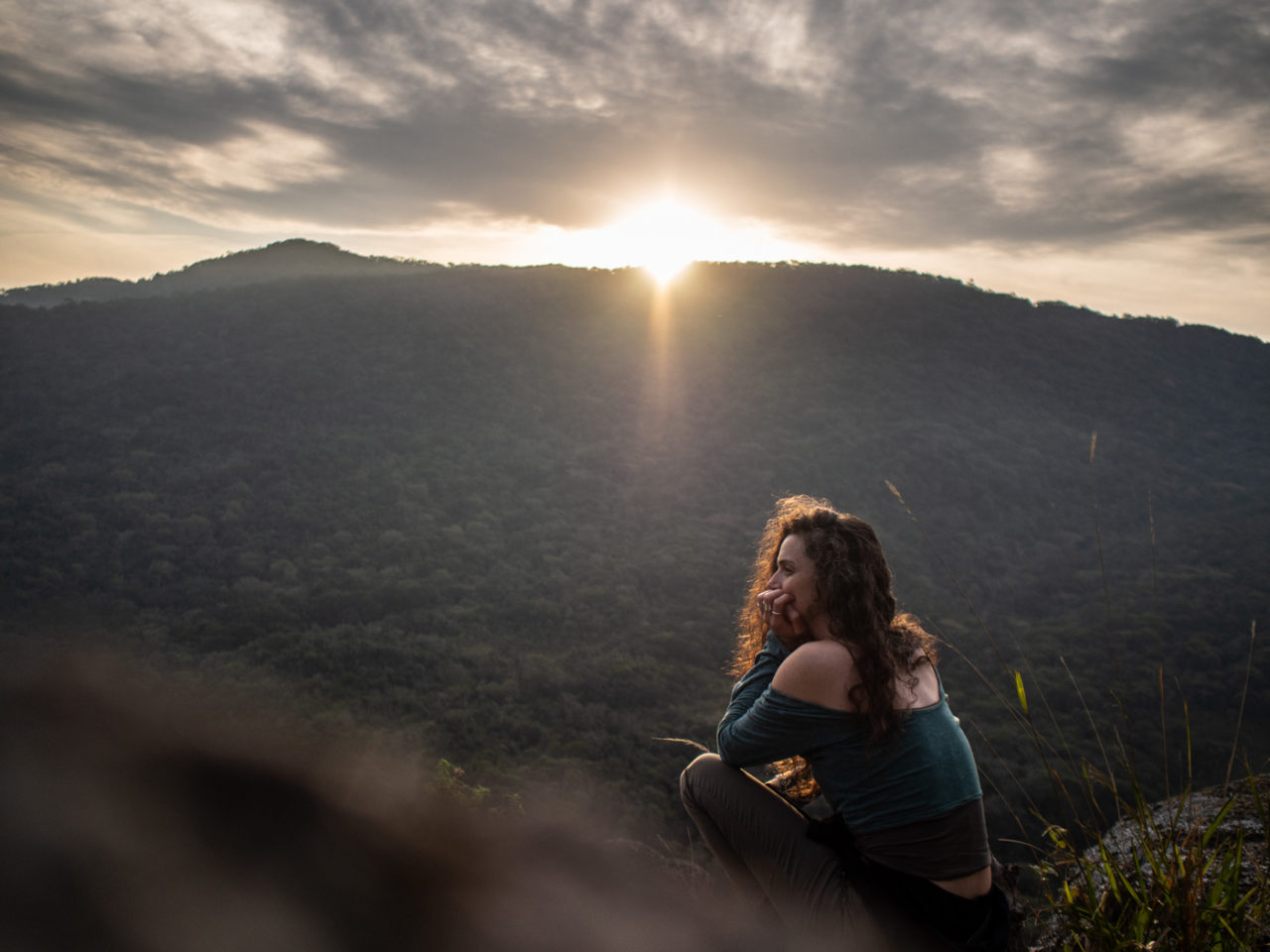
Here I am, back in Brazil again, like a wave that brings me incessantly back to South America. I discover new horizons, I dive into this culture that becomes each time more fascinating to me. One day, I would write about the Orixas of Brazil and the old wisdom of the Chilean Mapuches. In the meantime, this month is an open letter that I propose, which glides over encounters and discussions.
Close to nature, life seems different. Living with the rhythm of daylight and night, read the winds, look at the plants that surround us and sometimes grow them, or simply enjoy the fresh air coming through the open windows. Nature brings a kind of inevitable humility that it teaches us. If you want to grow something, you need patience. A plant does not ripen just because you want it to. It is listening that teaches us how to care for it. And, if this is true for plants, it is also true for human beings.
“In nature, there is life and death, and nature is full of joy, in human society, there is life and death and people live in sadness”. [The revolution of a single strand of straw, Masanobu Fukuoka]
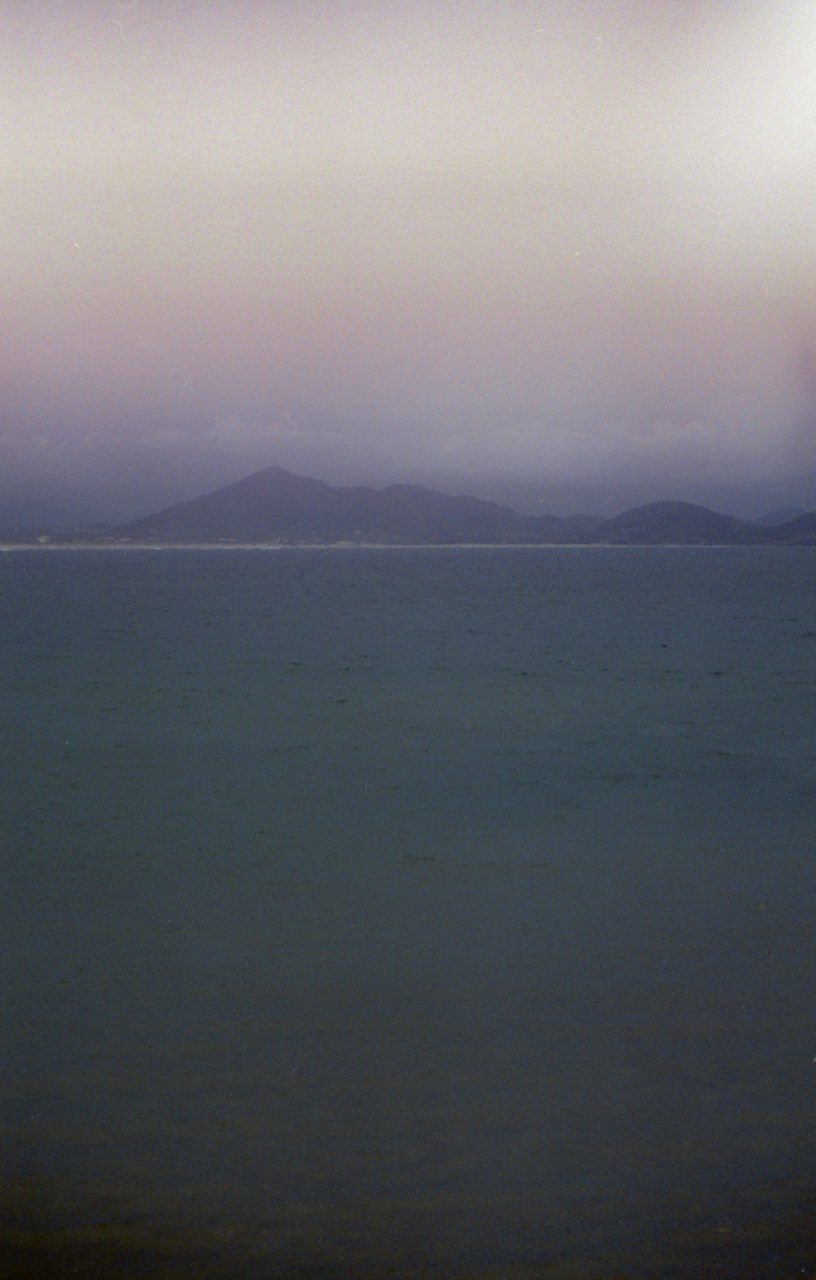
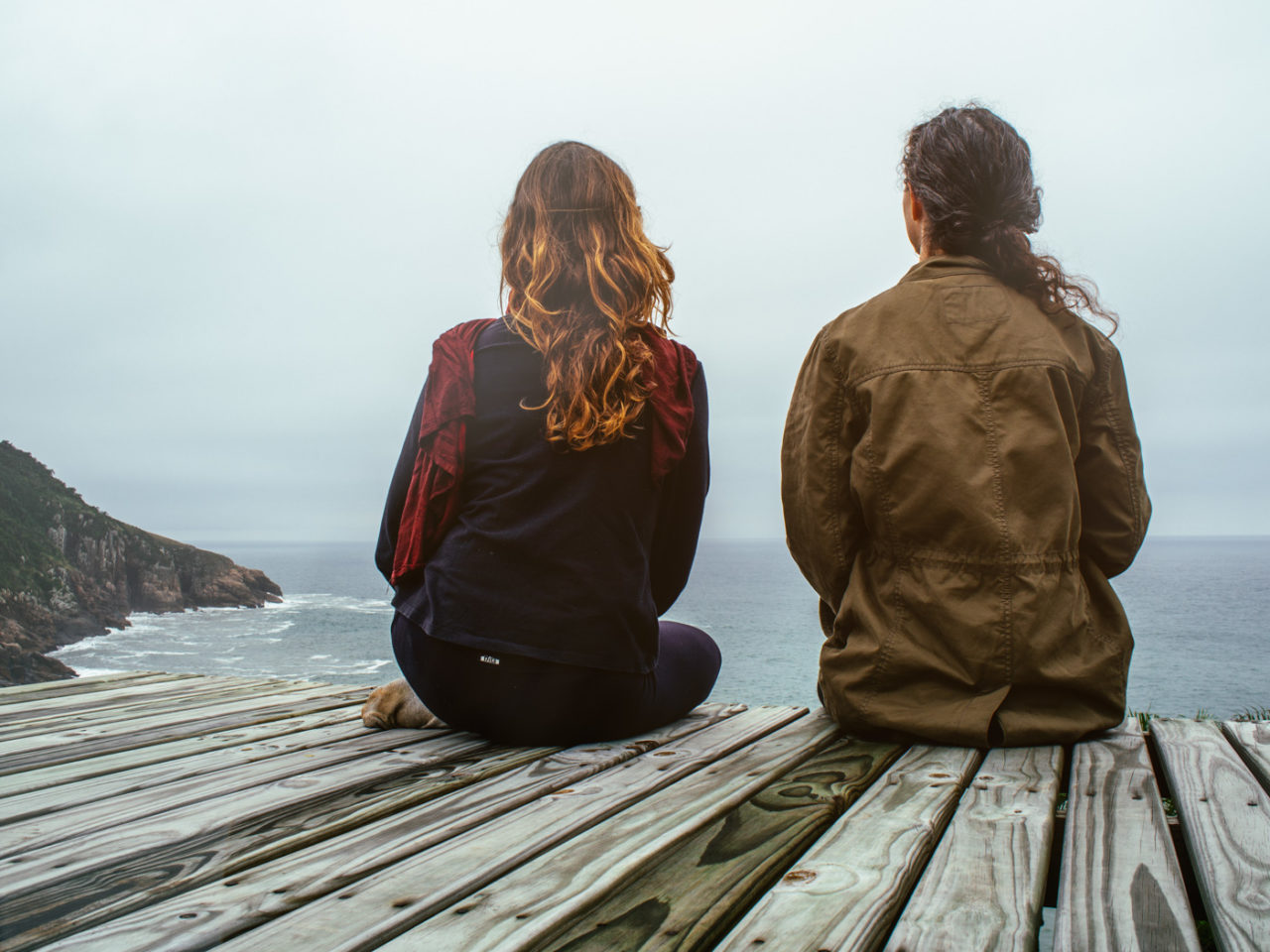
We are sitting on a rock observing the sea. She says to me: “When you go back into the sea, you have to do it conscientiously. There are different styles of surfing: some are more nervous in their game, while others are softer. Sometimes, when I look at a surfer, I have the sensation that he is attacking the wave; he does not listen to it. I prefer those who slide along it. If you listen to the wave, it tells you where to go and how to position your body. As soon as you change your position slightly, the wave answers.”
I share the same feeling with photography: there are those who ‘take’ pictures without being aware that it is an exchange, and those who understand that it is almost like a ritual, something really special. When one photographs beautiful landscapes or bodies, the expectation for making as many likes as possible on Instagram or Facebook has become too important. We forget that a photo is never ‘taken,’ it should not be stolen: it is offered to us. And for that, one has to offer something in exchange. What we offer is our gaze, our listening, this understanding that we are not separated from things, but that we deeply participate in an organic movement with our environment, whatever the practice or activity in which we indulge.
“Cultivating as simply as possible in the natural environment, and cooperating with it rather than the modern approach increasingly applying ever more complex techniques to completely redo nature for the benefit of human beings”. [The revolution of a single strand of straw, Masanobu Fukuoka]
We talk about the body and the being, the observation of things and the sensitive world. During these days together, we read texts of the mystics and discuss these subjects that plunge into the heart of questioning the being. With passion, surrounded by long moments of silence, we exchange on this presentiment.
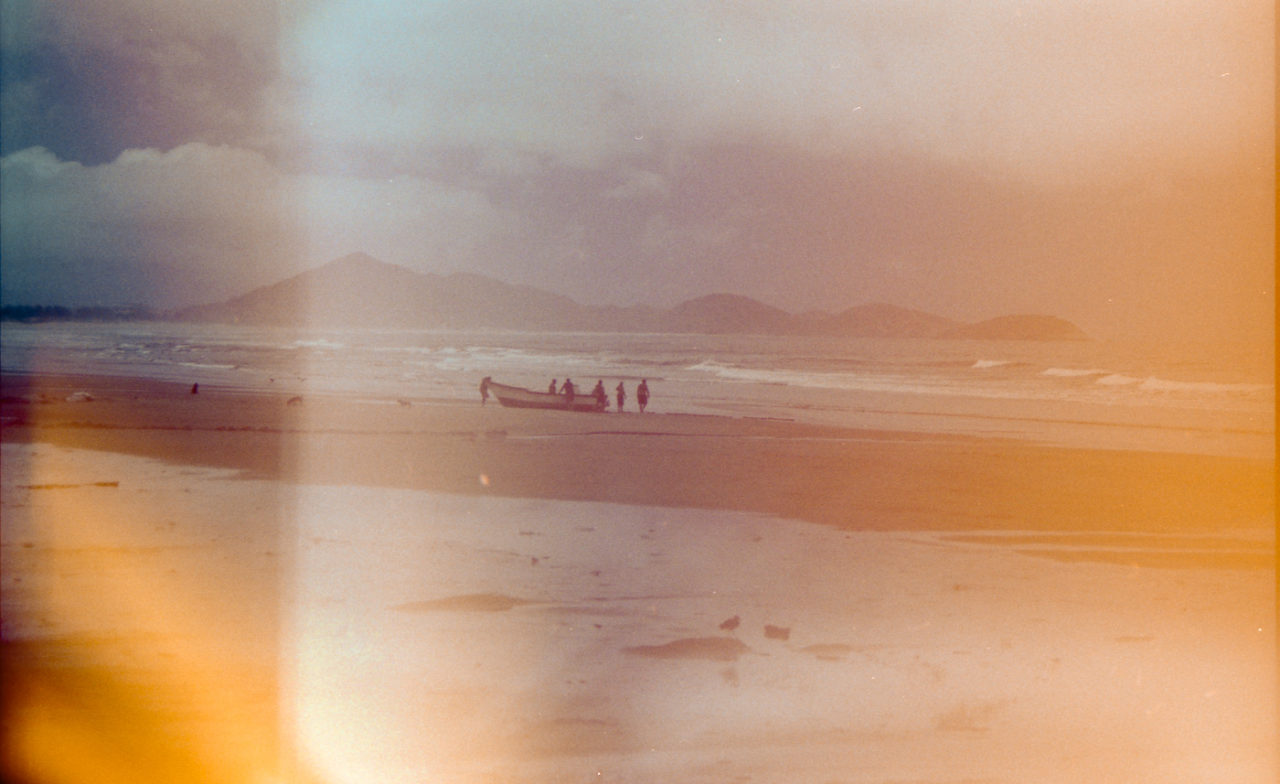
The deep question, the only question actually, to investigate, is how I function, what are my daily mechanisms and patterns. It is not so much a question of what one does, but more of how one does it. How do I reveal myself in my relationship with the activity that presents itself to me? Am I trying to win something, reassure myself, use it to my end? Or is there a deep joy with no expectations, where the purpose is ultimately the exploration itself? When I don’t expect anything from an. activity, when nothing is at stake, then the connection with my environment becomes more vivid, I am more open. Being surfing, photography, music or yoga, the most important is the presence and seeing how the action act likes a mirror that highlights my mechanisms. The activity becomes an excuse to reveal oneself.
Too often, we arrive on conquered grounds. It is not a fault, it is only by extreme habit and conditioning until we are told or strongly sensed that another possibility exists. That’s something to explore. The conquered land is the nature that surrounds me, it is also the people who are in my life. The photographer takes the photos, the yoga practitioner attacks the ground, the musician abuses the silence. We must see how much we should not go towards things voluntarily, but instead let them come to us, let them be alive and resonate in the body, to give us the direction of the action. Then, we discover an action that does not come from compensation, but from the listening: the photographer accompanies the space and the body that he photographs, the musician leaves the silence and brings back his audience to it, the yoga practitioner celebrates the emptiness by his movement. Voluntarism creates a contraction in the body and the environment is approached with demand and aggressiveness. Everything is prehension. There is the fear of losing that is gigantic that causes the need for security. On the contrary, listening brings back to what is alive, to the dilation of the body and the being, echo of its deep nature.
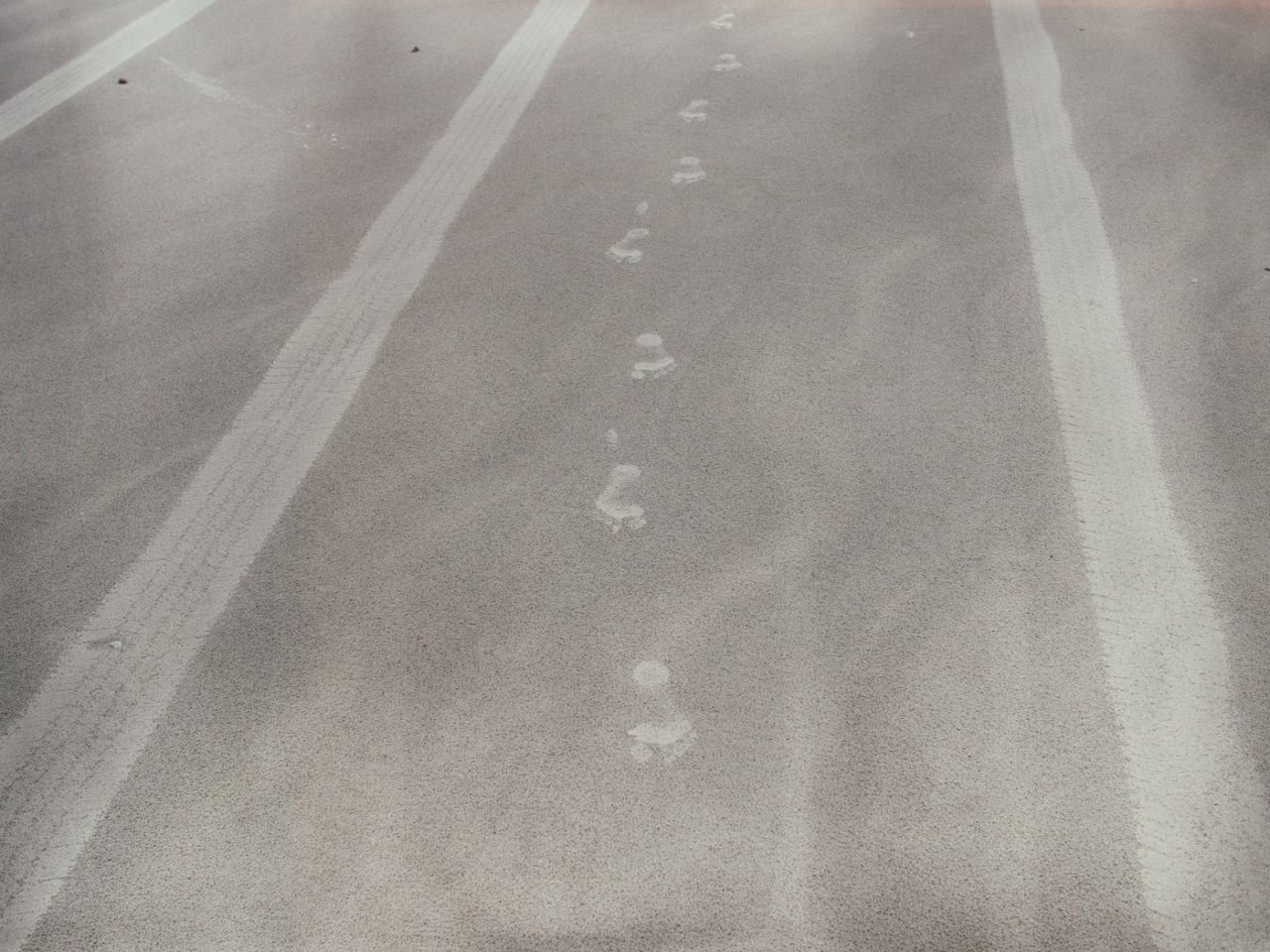
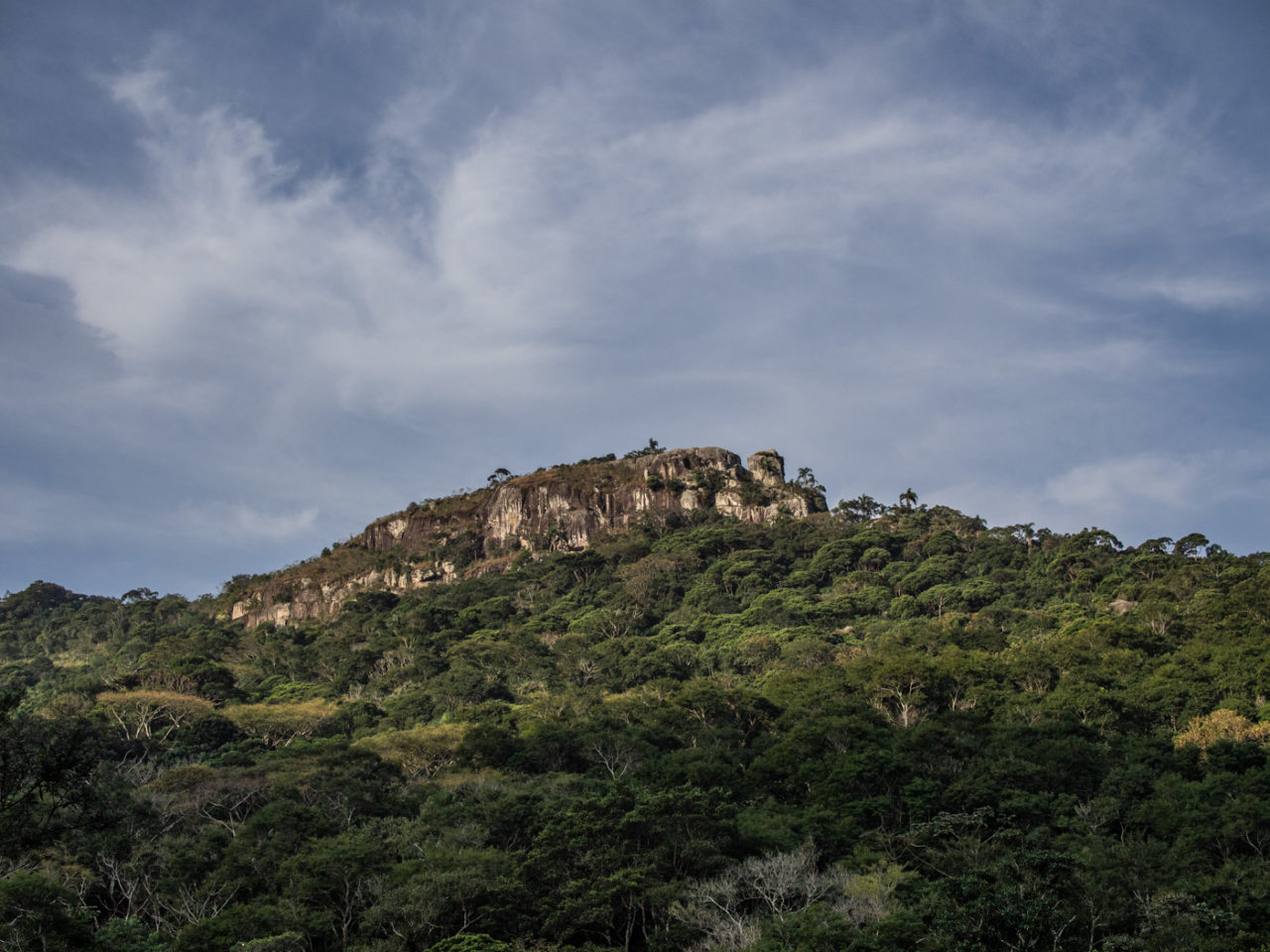
Self-enquiry is a path that can be approached as a form of “training”: learning to walk the path of the being is to be tamed like the practice of surfing or that of yoga, that of martial arts or painting. One has to learn how to learn. One has to learn how to explore. One has to learn to navigate the unknown, to walk for no other purpose than to see what is unfolding in the moment.
Faced with nature, there is this evidence that we are so small. The day the human being will have destroyed its own species, nature will take back its rights. It is a powerful and resilient force. Climb a mountain to realize the smallness of your existence. Greatness is not in any of us, it is not personal. It only happens through us when there is no more fear to gain or lose. “God” is hiding behind every corner and we are mere witnesses. When one realizes such beauty and feels that life is so immense, there is no room for any more requests. The only feeling that remains is humility and thankfulness.

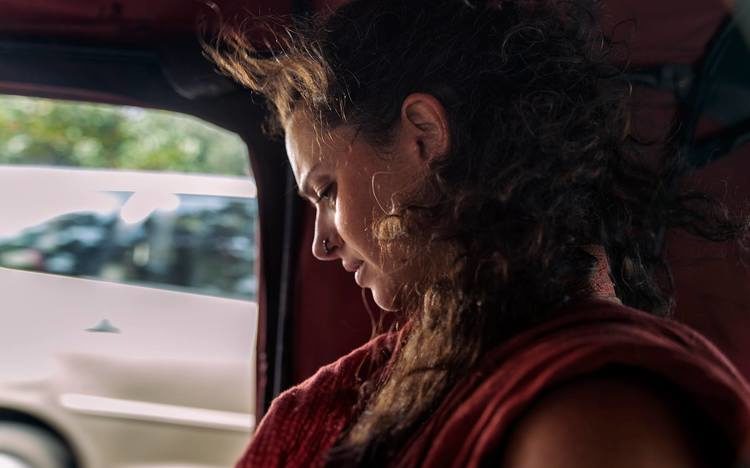
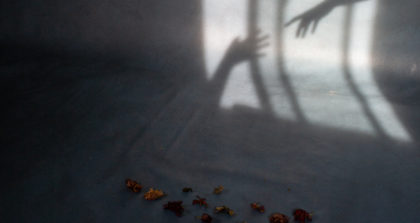
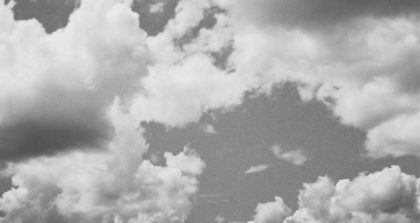
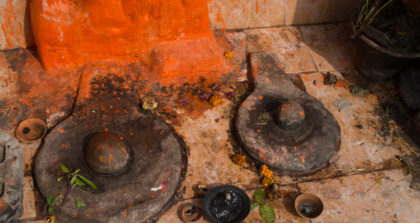

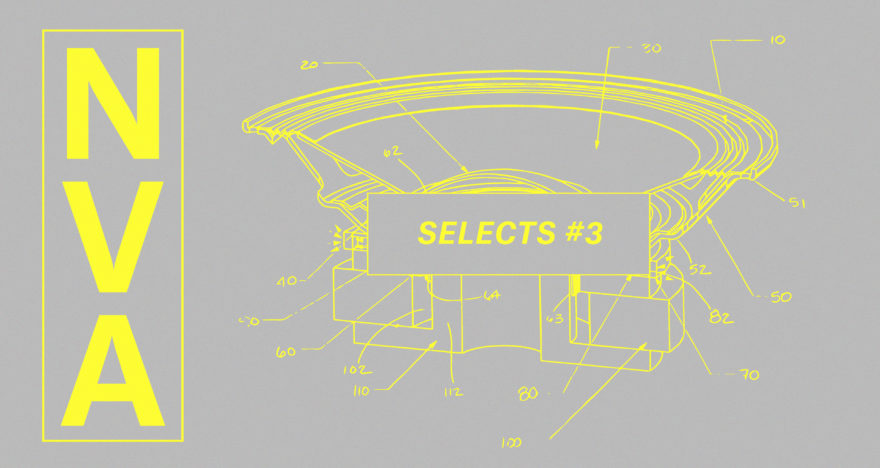
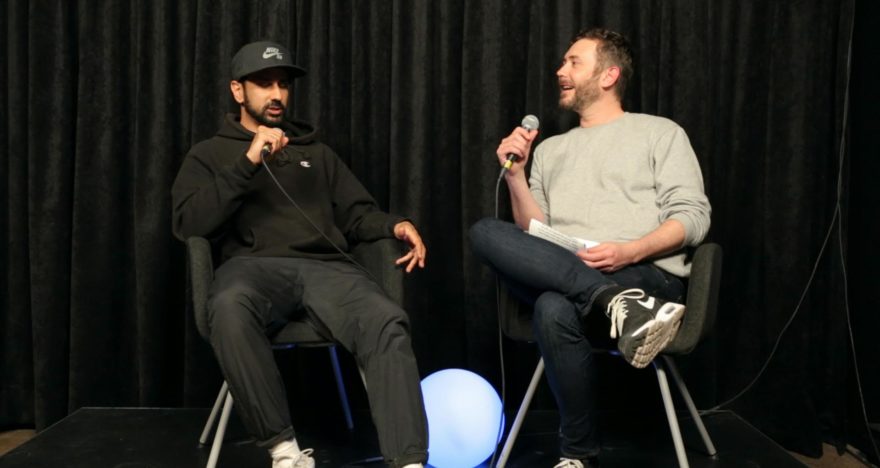
The prose seems like a poetry, beautiful work.
Thank you dear indian sister _/\_